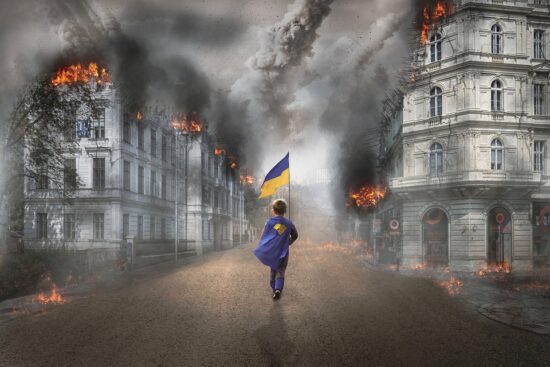The double crisis of antimicrobial resistance in humanitarian settings
With Ukraine engulfed by an escalating war, we take this week to reflect on the consequences of armed conflict on public health and antimicrobial resistance (AMR) amongst populations at risk across the world.
International public health scientists have condemned this war and its devastating outcomes: non-combatant casualties and forcible migration of people; wanton destruction of health infrastructure; displacement of health workers and shortage of essential supplies including oxygen and medicines. Coming close in the wake of losses due to COVID-19, the social, economic and emotional impact of this war will be felt for many years.
Earlier too, scientists have responded to armed conflicts in other parts of the world, especially in the middle East. They have warned that armed conflicts are major ‘incubators and propagators’ of AMR as they lead to rapidly multiplying infections caused by explosion-related injuries, while depleting health infrastructure, staff and supply chains to deal with these infections.
AMR NEWS
Every two weeks in your inbox
Because there should be one newsletter that brings together all One Health news related to antimicrobial resistance: AMR NEWS!





